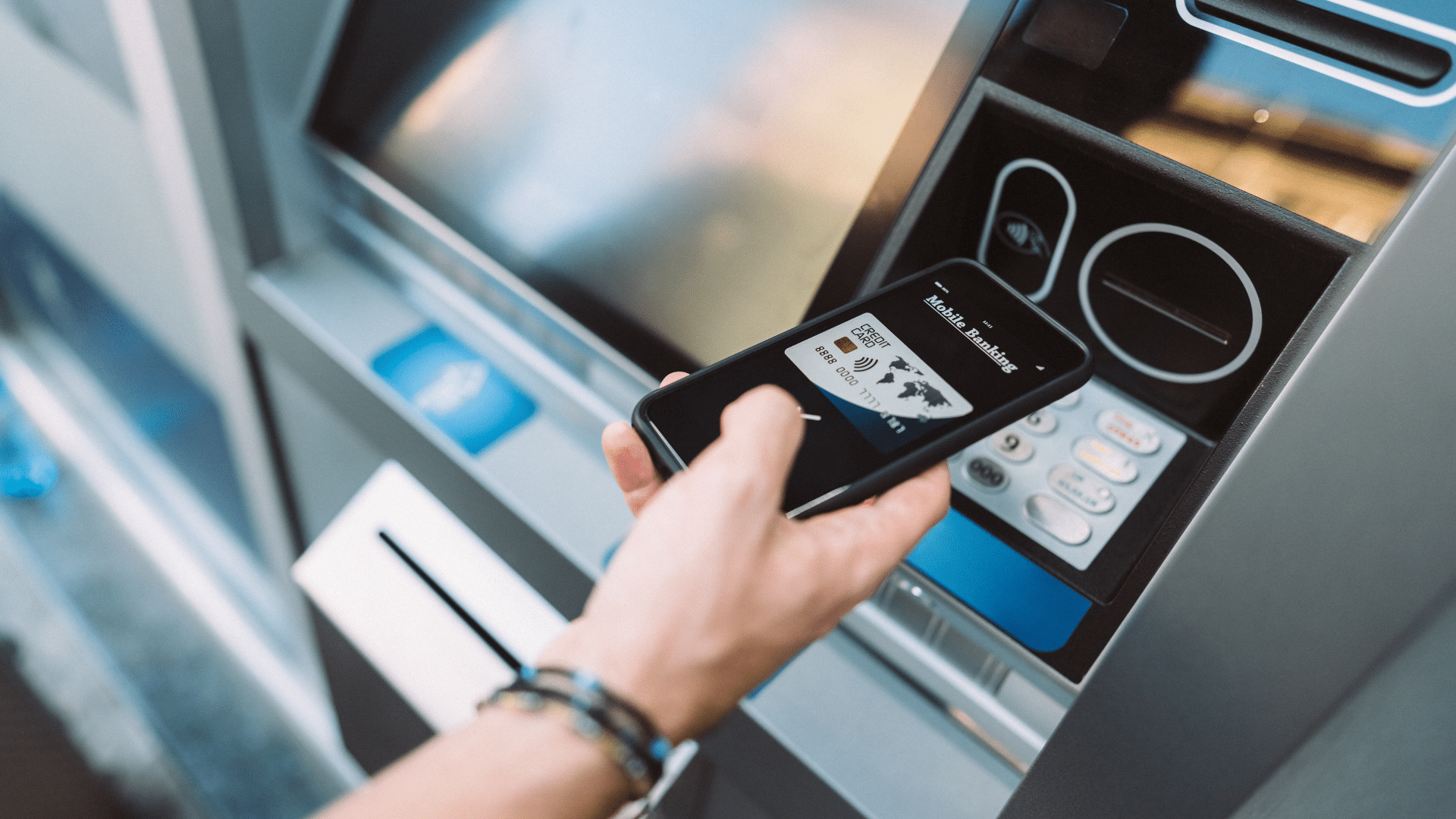More emerging market central banks push digital money

STOCK PHOTO
More central banks from emerging markets and developing economies (EMDEs), including the Philippines, are starting work on their own digital currency, according to the 2023 survey by the Bank for International Settlements (BIS).
The BIS—which is often dubbed the central bankers’ central bank—cited the Bangko Sentral ng Pilipinas (BSP) and its “Project Agila” as an example of an EMDEs that is already engaged in some form of work on central bank digital currency or CBDC.
CBDC is a digital form of central bank money that is denominated in a unit of account and functions as both a medium of exchange and a store of value.
READ: Remolona: PH to have digital currency in 2 years
A 2023 BIS survey of central banks showed the share of EMDEs working on a wholesale CBDC proof of concept as growing to 39 percent from 37 percent previously.
Meanwhile, the proportion of those already running a pilot went up to 19 percent from 16 percent.
In the Philippines, the BSP last year announced a trial or pilot project for its revived wholesale CBCD initiative. Through Project Agila, wholesale CBDCs may be issued to commercial banks and other financial institutions to settle interbank payments, securities transactions, and cross-border payments, among others.
The pilot run of the BSP’s wholesale CBDC project is expected to be completed by the end of the year.
Over the course of 2023, BIS said there has been a sharp uptick in experiments and pilots with wholesale CBDCs mainly in advanced economies, but various EMDEs also stepped up their wholesale CBDC work.
”Central banks further enhanced their engagement with stakeholders to inform CBDC design. Many CBDC features are still undecided. Yet, interoperability and programmability are often considered for wholesale CBDCs,” it added.
